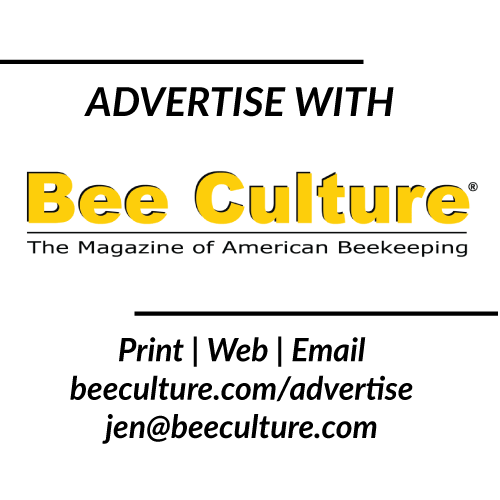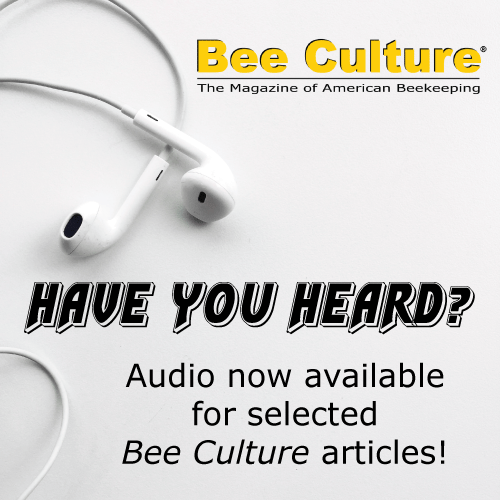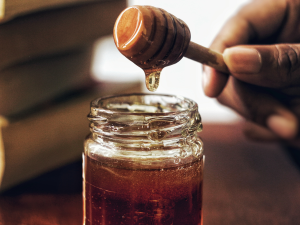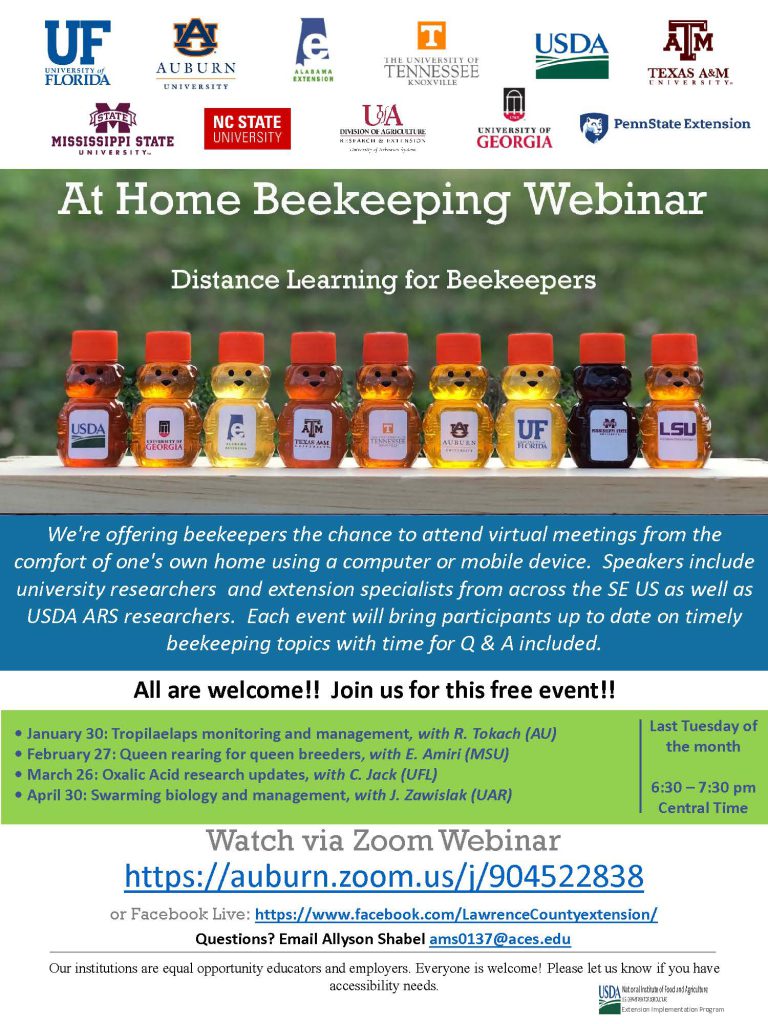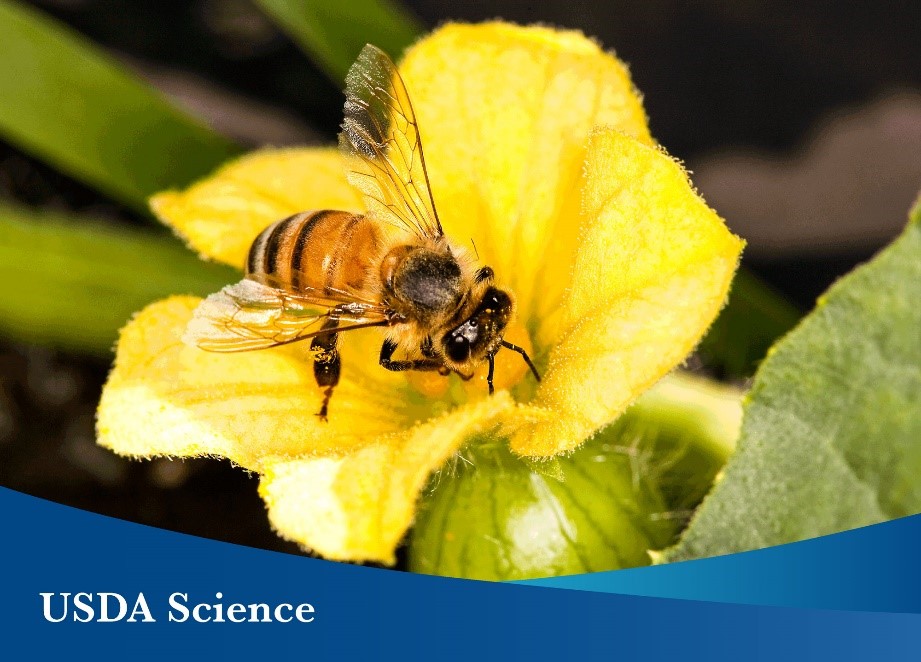 Breeding, Bees, and the 4 Ps
Breeding, Bees, and the 4 Ps
Posted by Scott Elliott, ARS Office of Communications in Research and Science
After suffering severe winter losses beginning in 2007, the honey bee population is making a comeback. Still, losses are high, which means beekeepers have to spend a lot of time and money replacing their bees.
Researchers with the U.S. Department of Agriculture’s (USDA’s) Agricultural Research Service (ARS) are responding, by using genetics to selectively breed honey bees to fight the primary perpetrators of the problem – what they call the “four Ps.” According to scientists with the ARS Honey Bee Breeding, Genetics, and Physiology Research (HBBGPR) lab in Baton Rouge, Louisiana, the main issues that honey bees contend with are parasites, pathogens, poor nutrition and pesticides.
Honey bees are important to ecosystems and the agriculture system. Honey bees are America’s primary commercial pollinator and more than 100 U.S.-grown crops rely on honey bees and other pollinators. In addition to their important role in maintaining food security, bees provide income to the entire food production industry from beekeepers and farmers to local retailers and international exporters.
The 5-year project at HBBGPR addresses the four Ps through breeding programs that refine selected genetic traits already present in honey bee populations.
“We are breeding honey bees that are more efficient at processing nutrients in their food and are more resistant to pests, pathogens and pesticides,” said Lanie Bilodeau, research leader at HBBGPR. “Developing healthier and more productive honey bee colonies will help ease the effects of disease and climate change, and improve the food supply at local, national and global scales.”
The project is already reaping positive results, including a comprehensive catalog of genetic variation of commercial and research honey bee populations in the country, and nutritional supplements for colony-wide pathogen treatment.
“We think of ourselves as good stewards and shapers of our [honey bee] populations, such that when we make our selection decisions the outcomes are healthier, stronger and more resilient honey bees,” said Arian Avalos, geneticist at HBBGPR.
National Pollinator Week was June19 to June 25. This annual celebration recognizes the important role pollinators play in our food and agricultural systems. Improving the health of honey bees through genomic research and honey bee breeding is just one way USDA is helping protect our nation’s precious pollinators. For more information on USDA’s work to enhance honey bee health, please visit: www.usda.gov/pollinators.
We are here to share current happenings in the bee industry. Bee Culture gathers and shares articles published by outside sources. For more information about this specific article, please visit the original publish source: https://www.usda.gov/media/blog/2023/06/20/breeding-bees-and-4-ps


